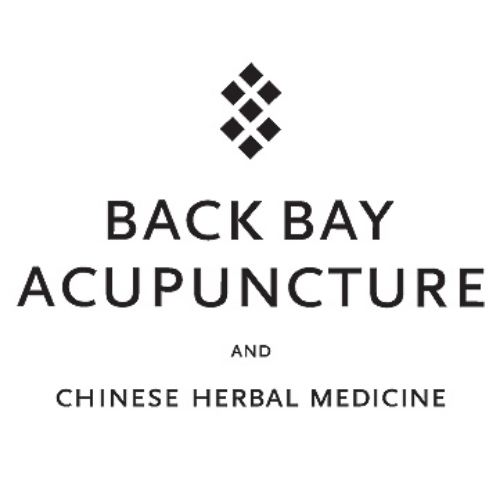The storm has passed and now it is time to take care of the aftermath. Shoveling is physically exhausting and mentally stressful. Here are some tips taken from Beth Israel Deaconess Hospital to ensure you are safe.
- Take frequent rest breaks so you don’t over stress your heart.
- Don’t eat a heavy meal prior to or soon after shoveling.
- Use a small shovel. The act of lifting heavy snow can acutely raise blood pressure.
- Don’t drink alcoholic beverages before or immediately after shoveling.
- Be aware of the dangers of hypothermia. Dress in layers and wear a hat.
Heart attacks start slowly, with mild pain or discomfort. Pay attention to these important signs:
- Chest discomfort such as pressure, fullness, pain, or squeezing.
- Discomfort in the upper body such as the arms, neck, jaw, or stomach.
- Shortness of breath with or without chest discomfort.
- Cold sweat, nausea, light headed.
Click here for additional information
As Benjamin Franklin said, “ An ounce of prevention is worth a pound of cure” . If you do strain your back don’t wait to get treated. Come in for an acupuncture treatment before the condition gets worse. The body has an intricate and efficient system of channels throughout the body. The sinew channels are on the most exterior and are conduits of Wei qi.
Wei qi is also known as “defensive qi”. It can be compared to the Western biomedical concept of our immune system. Wei qi is transformed from the food that we eat by our stomach and spleen qi and distributed throughout our body between the skin and sinews by our lung qi. This is why nutritious food plays such an important part in supporting our muscles, tendons, skin, and immune system. Wind, cold, and dampness are environmental pathogenic factors that challenge our Wei qi. When this occurs our body responds with symptoms such as sneezing, sweating, and tightness in the neck. This is the body’s way of releasing the external pathogen from the surface of the body so that it does not penetrate deeper into the body. Wei qi is also involved when we have a physical injury (such as a slip and fall on the ice). It is causes swelling to immobilize the injured area to facilitate healing. This localization of Wei qi also creates symptoms of heat and pain.
If the Wei qi is deficient there are two problems. First, it leaves the body vulnerable to invasion by external pathogens. Second, it doesn’t have the ability to release the pathogen once it has already invaded. If left unresolved chronic conditions arise. Pain may linger and spread to cover a larger area or move to other areas.
Acupuncture as a preventative treatment can be used to support your Wei qi and defense against the exterior. This is also why it helps to lessen the severity and duration of cold symptoms. However once your body has been injured is is also an effective treatment to improve the circulation of Wei qi, reduce pain, and restore range of motion of the joints.
Because Wei qi derived from the food that we consume it’s recommended to eat nutritious warming foods and avoid raw and cold foods in the winter. Soaking in a warm Epsom or sea salt bath with also be beneficial (Use caution if you have high blood pressure).
Are you a senior in need of assistance with snow removal check? If so, check if your city has any assistance programs. Somerville has “Somerville Community Youth Shoveling Referral Program”. Click here for more information
References:
Bing, Wang, A. Wu, N. Wu, Yellow Empero’s Canon Internal Medicine
Cecil-Sterman, Ann, Advanced Acupuncture A Clinical Manual, 2012, Classical Wellness Press, LTD
Ni, Maoshing, The Yellow Emperor’s Classic of Medicine - A New Translation of the NeiJing Su Wen with Commentary, 1995, Shambala Publications.
Wu, Jing-Nuan, Ling Shu or Spiritual Pivot, 1995, University of Hawai’i Press
Yuen, Jeffrey, Lecture notes from Advanced Acupuncture Program, 2013

